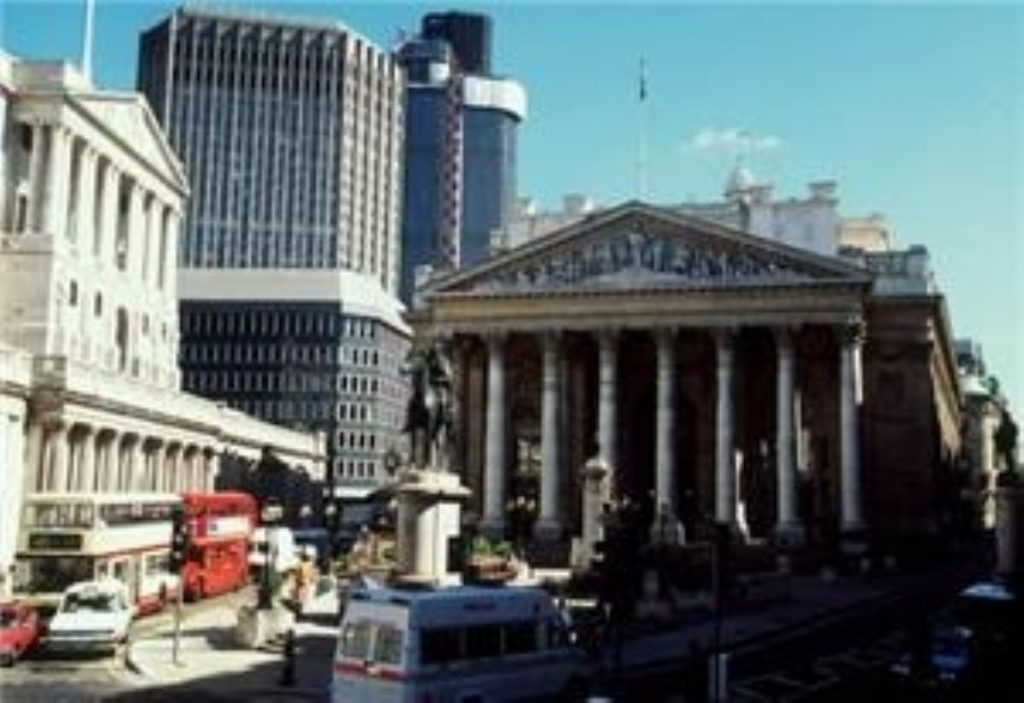Interest rates go up
The Bank of England has announced that it is raising the cost of borrowing by a quarter of a per cent.
After four increases since November, the base rate now stands at 4.5 per cent.
The rise represents the first back-to-back rate rise since January-February 2000.
Announcing the decision, the Bank of England said: “The global economic recovery is continuing. In the United Kingdom, official data and business surveys suggest that output growth remains around, or above, trend.


“Household spending, public consumption and investment have all grown strongly and the housing market remains buoyant. The labour market has tightened further.”
Though the UK is still below its inflation target, the Bank of England noted that “cost pressure are rising” and that “a small and diminishing margin of spare capacity means that inflationary pressures are likely to continue building”.
The Monetary Policy Committee said that they believe a rate increase is necessary to keep the economy on track to meet medium term inflation targets.
Despite predictions of a slowdown, the housing market is still buoyant and there are few signs that consumers are being put-off buying.
Additionally, personal debt in the UK has reached record levels.
The Liberal Democrat’s treasury spokesman Vince Cable called on the Chancellor to act to cool the lending market.
Mr Cable said: “The Bank is caught between dealing with the weaknesses in the economy and curbing the house price boom.
“Gordon Brown must urgently address the failures that have allowed banks to lend irresponsibly and fuel unsustainable levels of debt.”
A Confederation of British Industry (CBI) survey earlier this month said that retail sales in May grew at their fastest rate for two years.
Its general secretary, Digby Jones, said that business will accept the rate rise.
He said: “Business accepts this latest rise as long as the motive is to ensure that interest rates peak at the lowest possible level.
“But, consecutive rises do mark a shift from the gradualist, well signalled MPC policy of the past and will do little to control house prices, rising due mainly to lack of supply in the housing market, or the inflationary effect of wage increases evident in the public sector.”

